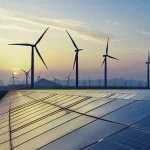Governments and Industry Leaders Commit to Accelerating Renewable Energy Abundance at Climate Week NYC
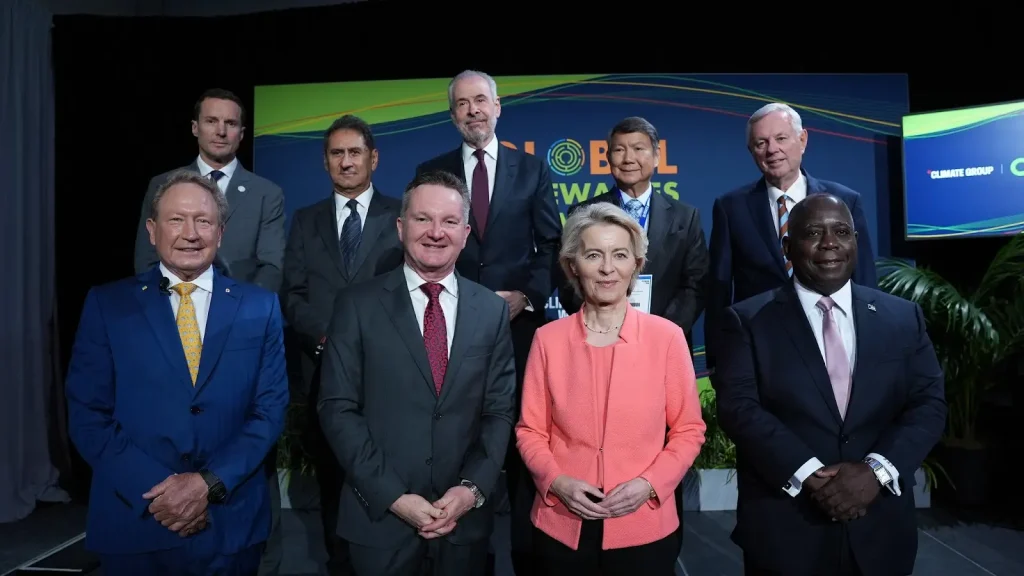
- Global leaders and executives commit to scaling renewable capacity ahead of COP negotiations, with focus on finance, policy reform, and cross-border collaboration.
- Ursula von der Leyen highlights $2 trillion in 2024 clean energy investment, urging stronger regulatory and financial frameworks to mobilize private capital.
- Discussions center on shifting from energy scarcity to abundance, tying renewables to prosperity, competitiveness, and security.
A Defining Call in New York
At the opening of the Global Renewables Summit during Climate Week NYC, an influential gathering of heads of government, corporate executives, financiers, and civil society leaders committed to speeding the transition to renewable energy abundance. The high-level session emphasized that the move away from fossil fuels is no longer framed as sacrifice, but as the cornerstone of prosperity, competitiveness, and global stability.
The event, organized by Climate Group, Fortescue, and the Global Renewables Alliance, comes just days before the UN Climate Summit, where new national climate plans are expected. Speakers pressed for urgent alignment between governments and industry to accelerate renewable deployment, address barriers in grid capacity and permitting, and unlock financing for emerging economies.
Investment Momentum Meets Policy Gaps
European Commission President Ursula von der Leyen underscored the scale of recent investment. “In 2024, almost two trillion dollars were invested worldwide in clean energy, and for every euro or dollar spent on fossil fuels, more than two went into clean energy. The momentum is real. But momentum alone is not enough. We need action,” she said.
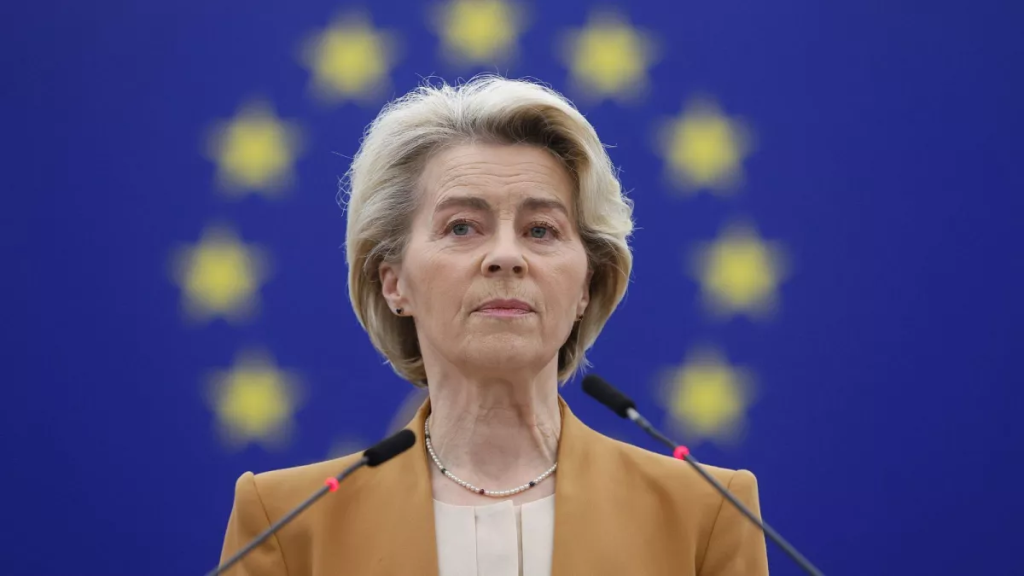
Von der Leyen urged private sector leaders to define the regulatory conditions and risk-sharing mechanisms required to deploy capital at scale. “Clean energy is not only about addressing climate change. It is also about energy security and prosperity,” she added.
Her call to investors framed the broader debate: capital flows are rising, but structural policy changes — from regulatory reform to infrastructure modernization — are critical to sustaining the pace of growth.
Voices from Vulnerable Nations and Emerging Economies
Bahamas Prime Minister Philip Davis stressed the importance of reframing energy transition narratives. “Replacing fossil fuels with renewable energy will not come at the expense of prosperity, but is a prerequisite for future prosperity,” he said. Davis argued that clean energy must be communicated as a story of abundance, not scarcity, to sustain public and political support.

Indonesia’s Special Presidential Envoy for Climate, Energy & Environment, Hashim Djojohadikusumo, echoed the opportunity for emerging economies. “With vast resources and a growing economy, Indonesia has a vital role in delivering affordable, sustainable energy that powers inclusive growth,” he noted, pointing to the need for international cooperation and investment to support transitions in developing markets.
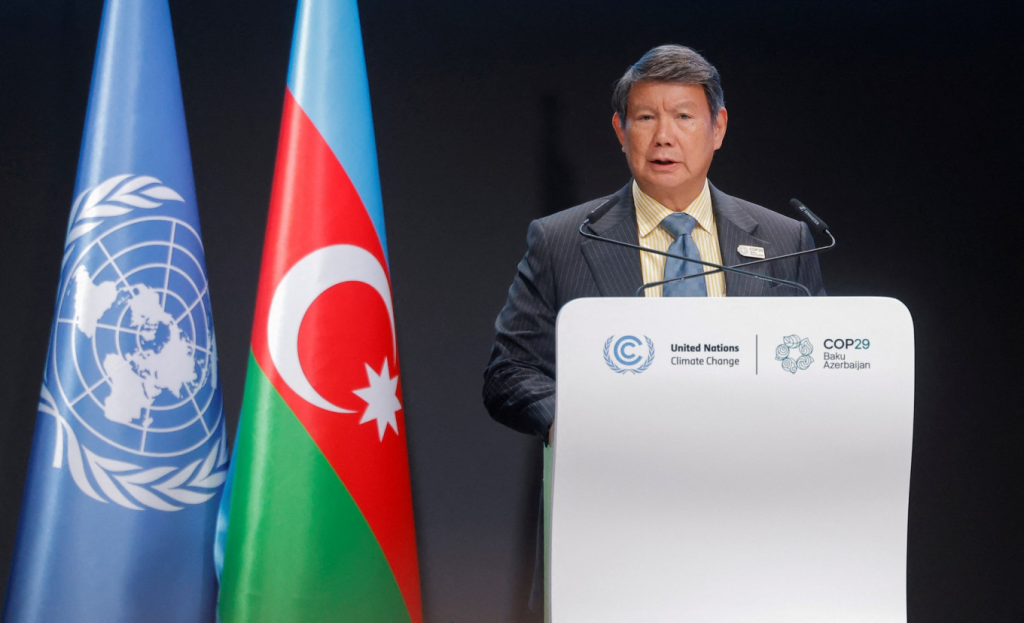
RELATED ARTICLE: Nedbank, Norfund Invest $31 Million in Renewable Energy Firm Pele Energy
Private Sector and Civil Society Push for Scale
Andrew Forrest, founder and executive chairman of Fortescue, emphasized the urgency of phasing out fossil fuels entirely. “Without ending fossil fuels, there will be no lasting stability. Green energy is everywhere… It’s the financially sensible decision, it’s 24/7 green power,” he said.
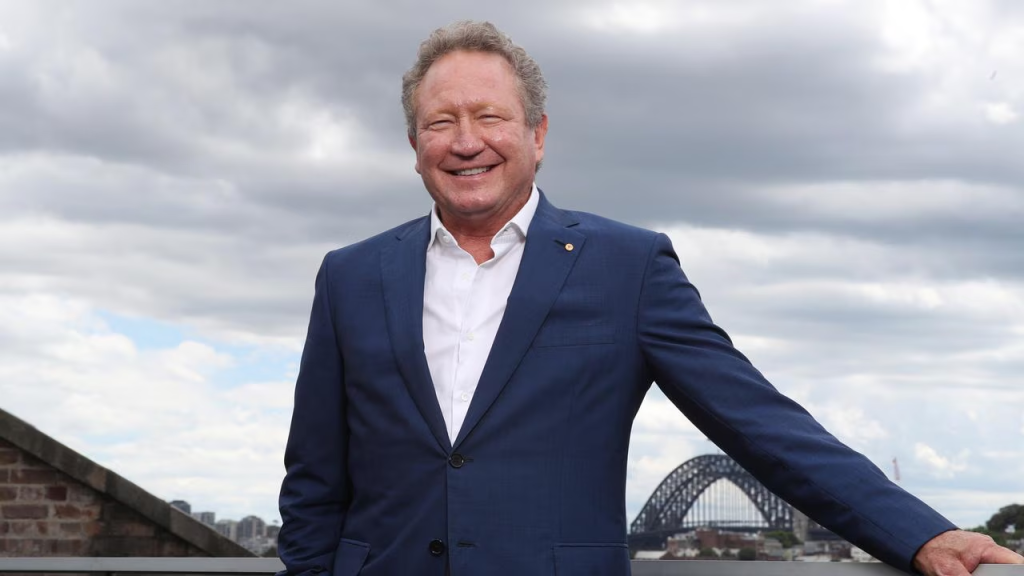
Bruce Douglas, CEO of the Global Renewables Alliance, framed the transition as both economic and strategic. “The path is clear: phasing out volatile fossil fuels whilst delivering renewable energy abundance is how we create prosperity, stability and real energy security.”

Mike Rann, Chair of Climate Group, warned against complacency: “The noise from the fossil fuel lobby can’t disguise that we’re entering an era of renewable abundance. The smartest businesses are embracing that. Anyone who raises the white flag now will be left behind.”
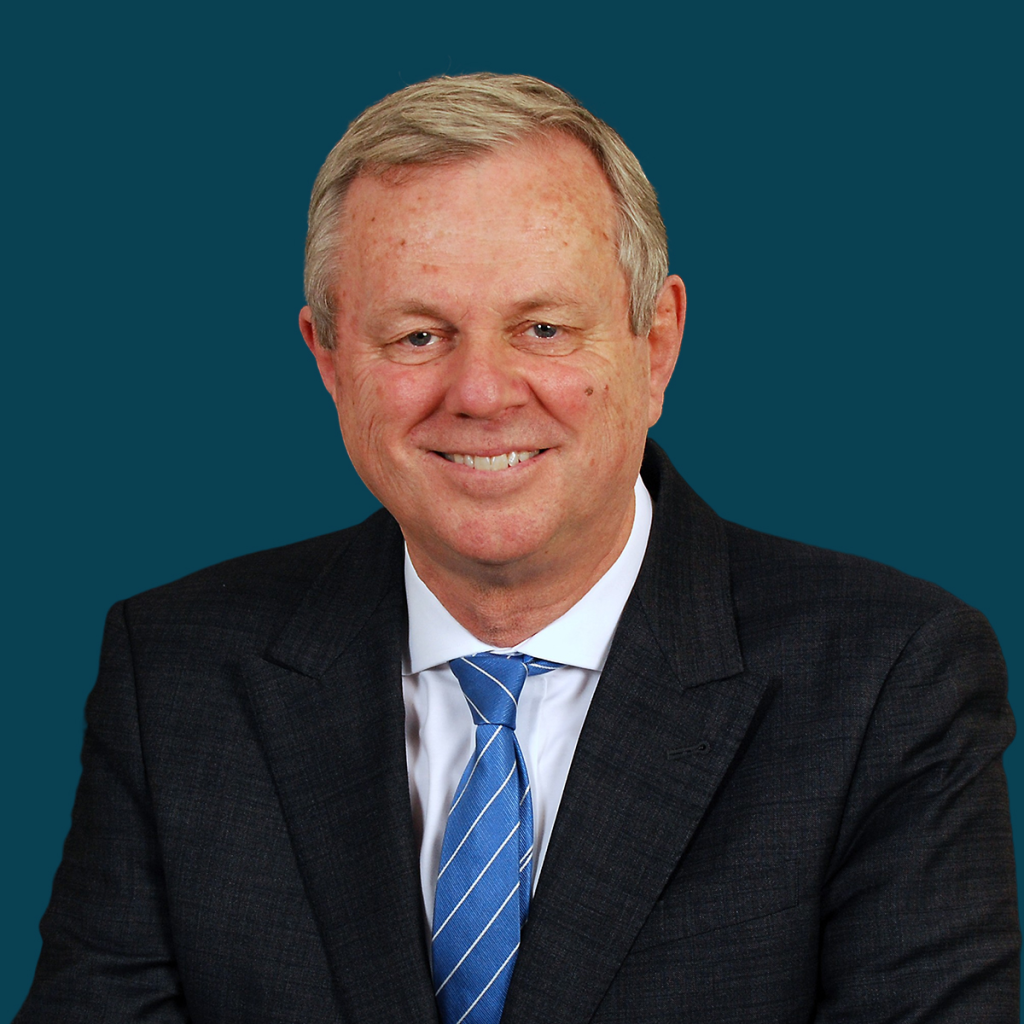
National Commitments and Global Stakes
Australia’s Climate Change and Energy Minister Chris Bowen confirmed his government has accepted new independent advice to set a 2035 emissions reduction target of 62–70% below 2005 levels. “This is ambitious but achievable. It sends the right investment signal, responds to the science and is delivered with a practical plan,” he said.

COP presidencies also weighed in. COP29 President Mukhtar Babayev stressed that financing is essential for developing nations to scale renewables. “We will work with donors to deliver on every pledge made in Baku, so we can unleash the next wave of renewable power,” he said. Ambassador André Corrêa do Lago, President-designate of COP30, highlighted how renewables are now tied to agendas of energy justice, independence, and affordability.
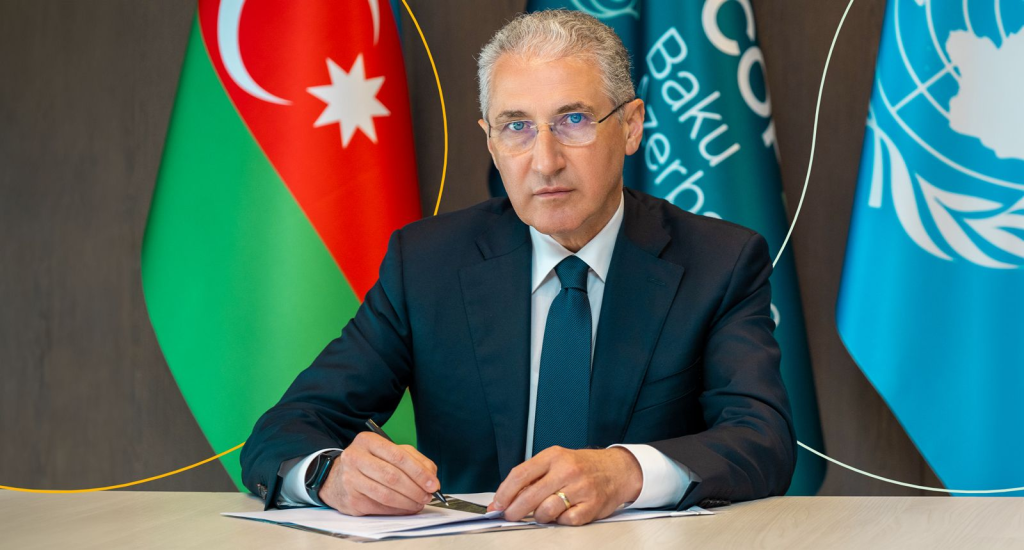
Implications for Executives and Investors
For corporate leaders and institutional investors, the session offered a clear signal: the economics of renewables are increasingly favorable, but the opportunity will only materialize with aligned policy, infrastructure upgrades, and cross-border financing mechanisms.
Google Chief Sustainability Officer Kate Brandt underscored how abundant clean energy can unlock innovation in AI and advanced manufacturing. “With investments in advanced energy technologies, enhanced grid infrastructure, and collaboration across sectors, we can power this innovation with affordable, reliable energy for everyone,” she said.

The closed-door roundtable that followed focused on turning rhetoric into pathways for accelerated deployment, from streamlining permitting to establishing green energy zones and corridors.
The Global Arc
The framing of renewable energy as abundance rather than constraint marks a shift with broad geopolitical and economic implications. As countries move toward net-zero targets, access to clean, low-cost power is becoming a determinant of competitiveness. For governments, the challenge is creating enabling policy. For investors, it is deploying capital where it can deliver both returns and systemic change.
As von der Leyen put it, the transition requires decisive, joint action: “We must act as governments and industry, and we must act together, across borders, across continents.”
Follow ESG News on LinkedIn



